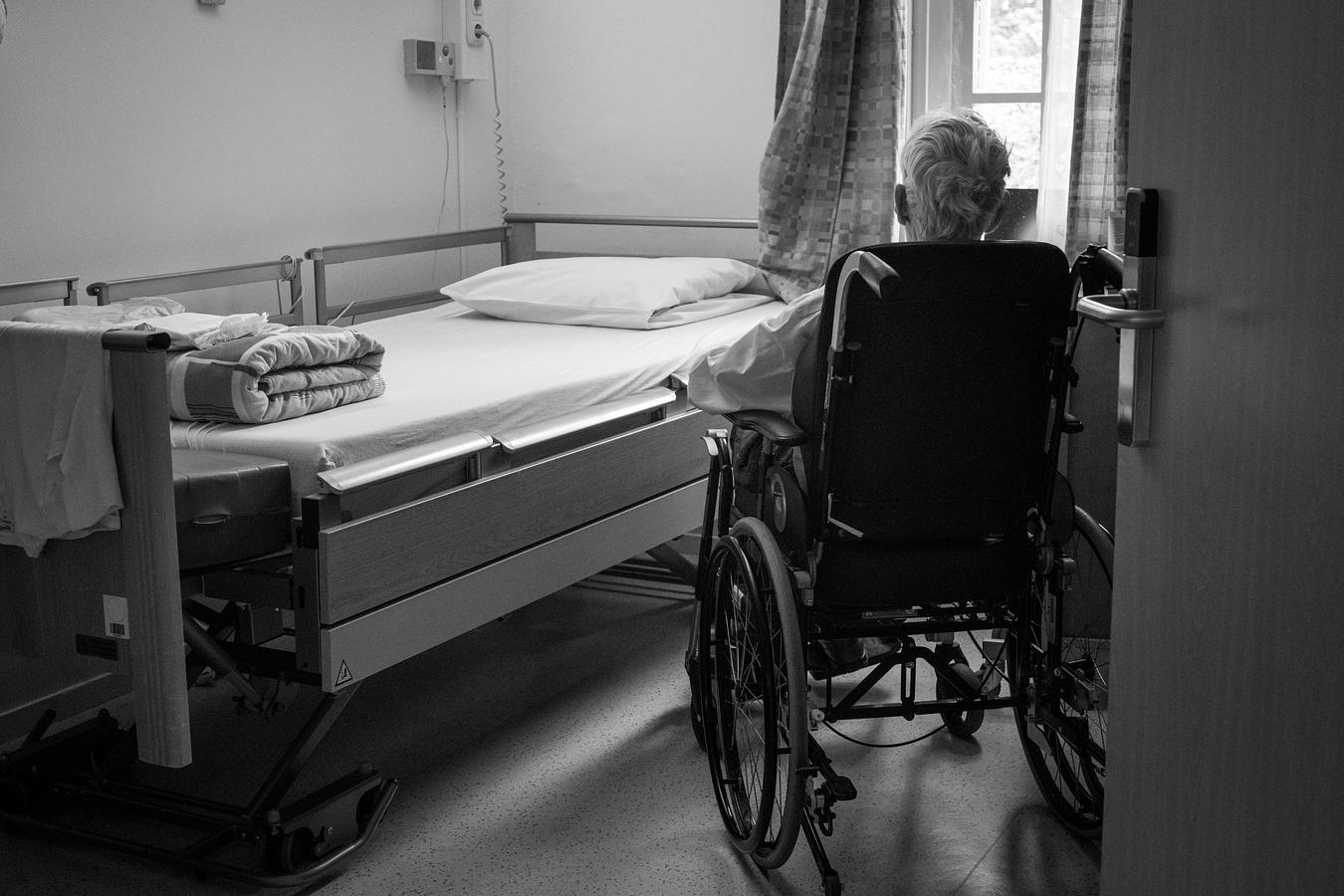You’ve entrusted your parent to the care of a home nurse or home care aide during times when you can’t be there.
Who is at fault if your parent suffers a fall and a subsequent injury?
Where do you stand from a legal point of view?
Do you have the same rights as if your parent had fallen in a nursing home?
In some cases, you may be able to sue the home care agency if you can show that the nurse or aide was negligent and was responsible for the injury and losses caused.

How can falls happen at home?
Without the right supervision, an elderly person can fall just as easily in their own home as in a hospital or nursing home.
Between 50 percent and 75 percent of nursing facility residents fall each year, so it is reasonable to assume that falls at home with visiting nurses or aides are similarly common.
In most cases, they are preventable.
Most commonly, falls occur due to:
- Hazards in the home, such as wet floors, slippery rugs, or exposed electrical cords
- The use of certain medications which affect balance
- Incorrect administration of medicine (under-medicating or over-medicating) causing unnecessary side effects
- General weakness or illness (low blood pressure can cause dizziness, for instance)
- Dementia
- Poor vision
- Inaccessibility of walking aids
- Lack of adequate attention paid by the care worker
- Lack of adequate care taken when moving a patient
- Poor supervision during activities
- Poor lighting
- Lack of handrails
With each of these examples, a professional entrusted to look after your elderly loved one should take adequate precautions to avoid problems.
He or she should be aware of the individual’s condition, risk of falls, and take measures to prevent accidents from occurring like removing hazards and making sure that walking aids are always within reach.
A slip or fall can be serious for any person of any age but, for the elderly and frail, they can be devastating – resulting in bone fractures that can lead to complications and other serious side effects.
Falls at home can lead to extra costs such as additional medical treatment and the need for rehabilitation, as well as the loss of quality of life and pain and suffering.
Is a visiting provider responsible for your parent’s fall?
When you entrust a visiting nurse or aide to look after your parent or other loved one at their home, you sign an agreement and the nursing agency commits to providing a certain level of care.
The very reason for hiring a home nurse or aide is usually to avoid your loved one suffering unnecessary health risks and to maintain a certain level of comfort and confidence in their safety.
Both state and federal law require that nursing agencies maintain certain standards in regard to patient safety and care.
With the duty of care responsibility to look after patients under their supervision, preventing falls should be top of the list for any visiting provider.
A nurse or home help aide should be looking out for the wellbeing of your loved one, watching over and supervising their movements, helping them perform whatever daily tasks they need to perform, and administering medicine and preparing meals as per the terms of your agreement.
Unfortunately, this is sometimes not the case and the duty of care is found wanting.
How to file a claim
Genuine accidents do happen and sometimes they are unavoidable.
However, most falls can be prevented and when you have hired a home nurse or aide in part to prevent serious falls, you should have some legal recourse in the event of negligence.
Just because your parent’s fall happened at home rather than in a nursing home, it doesn’t mean that you are not protected by the same general rules.
The visiting provider is responsible for keeping your parent safe and the agency can be sued if the care worker fails to discharge their duties in accordance with the agreement you have.
Negligence is equally common with home care as it is with nursing homes and, if you can prove it, the nursing or home care agency is unlikely to want to go to court.
So, after your loved one has received the appropriate medical attention, it is important to get the facts of the incident.
Document these, take any photographic or video evidence that may support the facts and then speak with a lawyer if you suspect negligence from a visiting nurse or aide.
While these cases can sometimes be difficult to prove, an experienced attorney who specializes in this type of personal injury will assess your case and be able to guide you through the personal injury claims process.
If the agency sees that you have approached a lawyer, it is more likely to push for a settlement out of court as this is generally less expensive and stressful for everyone concerned.




